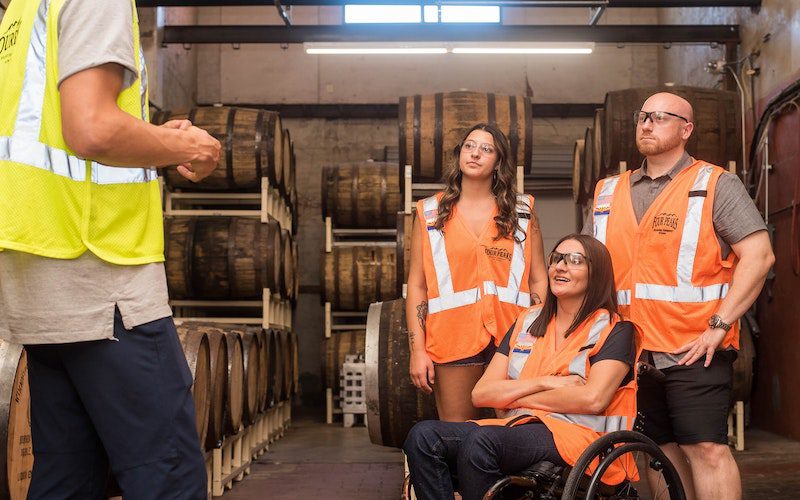
Having a disability or chronic health issue you weren’t born with means adjusting to “new normals.” This “adjustment” might just be a nicer way to say grief. We identify with our expectations of our bodies and our minds, whether it’s what our bodies can do, or how they look, or how it feels to just be able to think clearly without your mind wandering or getting exhausted. What am I, who am I, if I can’t walk easily or drive normally or can’t follow a conversation the way I used to?
What our new normals are depends, of course, on what our disability is and what our symptoms are. You might be a person who has to get used to walking with a cane, or needing a wheelchair. Or you might be exhausted every day by 4 p.m. For everyone with a disability, there are myriad changes, large and small, that make living the way we’re used to much more difficult, if not impossible. That is a process of grief—grieving the future you thought you had, the person you thought you were.
You’re Still Yourself
Adjusting to new normals means realizing that you’re still yourself. You are more than walking or driving or having dinner and drinks. You’re still you, right? Things are just different now. You need to get used to different ways of getting around, or needing help to do things you used to do independently. This is what it means to have new normals—learning to enjoy different ways of spending your time and energy. It means finding ways to be happy within the limitations you have now—meeting friends for coffee or breakfast rather than a late dinner, or catching up over a picnic rather than a hike.
And Then More New Normals
The tougher aspect is that for many of us, health conditions come with many sets of new normals. Just when you get used to needing a cane, you find yourself needing a walker or a wheelchair. Many disabilities are degenerative, meaning things just keep getting worse over time. Often, the deterioration happens on irregular intervals, meaning you won’t see it coming. One day you wake up, and things are just worse all of a sudden, and now you have even more limitations to learn to navigate. It’s sad, and it can be depressing. But it’s okay to grieve. It’s okay to be sad that life isn’t turning out the way we planned.
The grief passes, though, and then we’re left with the limitations, and living within them. Exploring all the things we can still do. Having “new normals” means there’s life after the grief. You’ll still have friends and family and interests and important things in your life, even when you can’t do as much as you used to. “New normals” means you’ll still be you.

